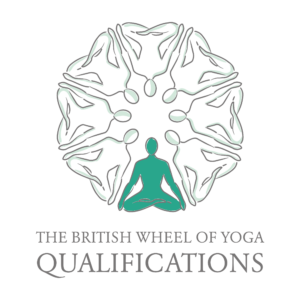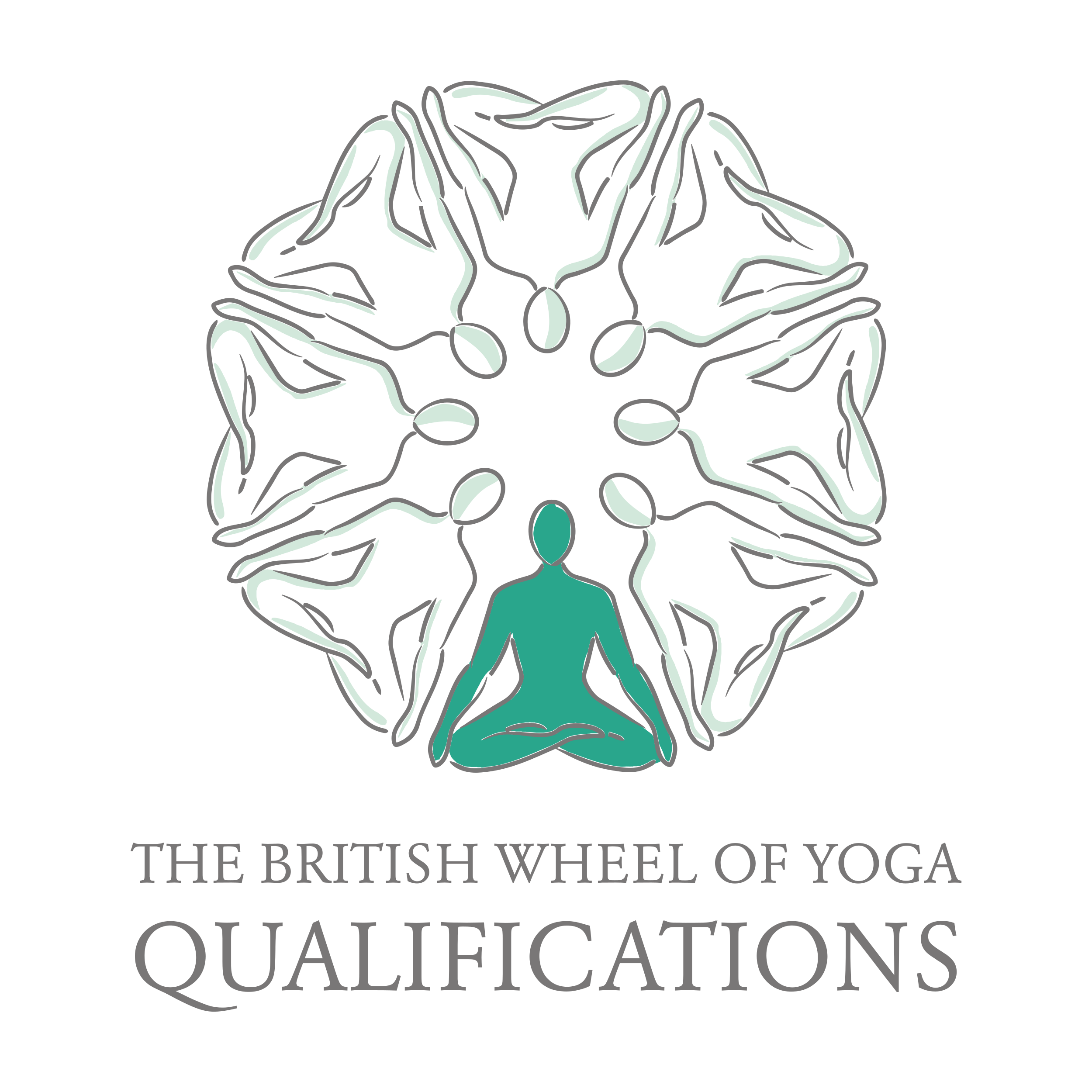Level 3 Technical Specialist in Teaching Yoga (Certificate)
Total Credits: 32 – Guided Learning Hours: 175 – Total Qualification Time: 320 hours
The qualification is in 4 units. There are knowledge units followed by applied knowledge or skills units (practical skills learned with the tutor that you then apply to actual class teaching with students). E-learning resources are available for BWYQ recognised centres to use so that learners can access consistent information and test their knowledge before completing worksheets for centre assessors’ Summative Assessment.
OCCUPATIONAL STANDARDS:
This qualification has been approved by the Institute for Apprenticeships and Technical Education (IfATE) as meeting the knowledge, skills and behaviours of the Occupational Standards for a general Yoga Teacher, as established by Employers in the fitness and wellbeing industry who have been working with IfATE and the Department for Education (DfE) as part of the reforms to vocational and technical qualifications.
PUBLIC FUNDING:
The qualification has been approved by the DfE for public funding offers to learners who are eligible for Level 3 Legal Entitlement funding and Advance Learner Loans starting in academic year 2025-26.
PROGRESSION:
You can use your Certificate as Recognised Prior Learning and progress to units D-E of the BWYQ Level 4 Diploma in Teaching Yoga if you would like to upgrade to a 500 hour qualification. These two units delve deeper into philosophy, pranayama, meditation, mantra and advanced asana. Alternatively, you may want to specialise in teaching a specific group such as antenatal or postnatal women or independently active older adults; you could enrol on one of the other Level 3 Technical Specialist Qualifications available from BWYQ. You could also study for the BWYQ Level 4 Award in Understanding the Principles of Adapting Yoga for Older Adults with long-term conditions or the Level 4 Certificate in Teaching Gentle Years Yoga, a chair-based programme for more frail older adults.
The Knowledge, Skills and Behaviours Required to Meet the Occupational Standards
KNOWLEDGE:
Yoga teacher training needs to cover knowledge of human movement as biomechanics, the basics of anatomy and physiology such as the cardiorespiratory, musculoskeletal, nervous and endocrine systems and how exercise affects these systems. Knowing how diet, stress, fatigue, etc. can affect one’s lifestyle is important as well as understanding the safety precautions for common medical conditions like hypertension, obesity, cardiopulmonary disease and diabetes. The training should include knowledge of professional roles and legal responsibilities, risk assessment, safeguarding and, of course, the history, philosophy and fundamental theories of yoga, including hatha yoga, raja yoga, meditation, mantra, the pranic system, pranayama, mudra, bandha and kriyas.
SKILLS:
When the knowledge from above is applied in preparing for and delivering group yoga sessions, the skills of student teachers are developed and assessed to determine if they can teach yoga safely, adapting the practices to accommodate the needs of the individuals and progressing individuals when they are ready for more advanced practices.
BEHAVIOURS:
The behaviours gained are underpinned by the ethics of yoga which effectively contribute to the moral, ethical and professional standards required for a yoga teacher.

